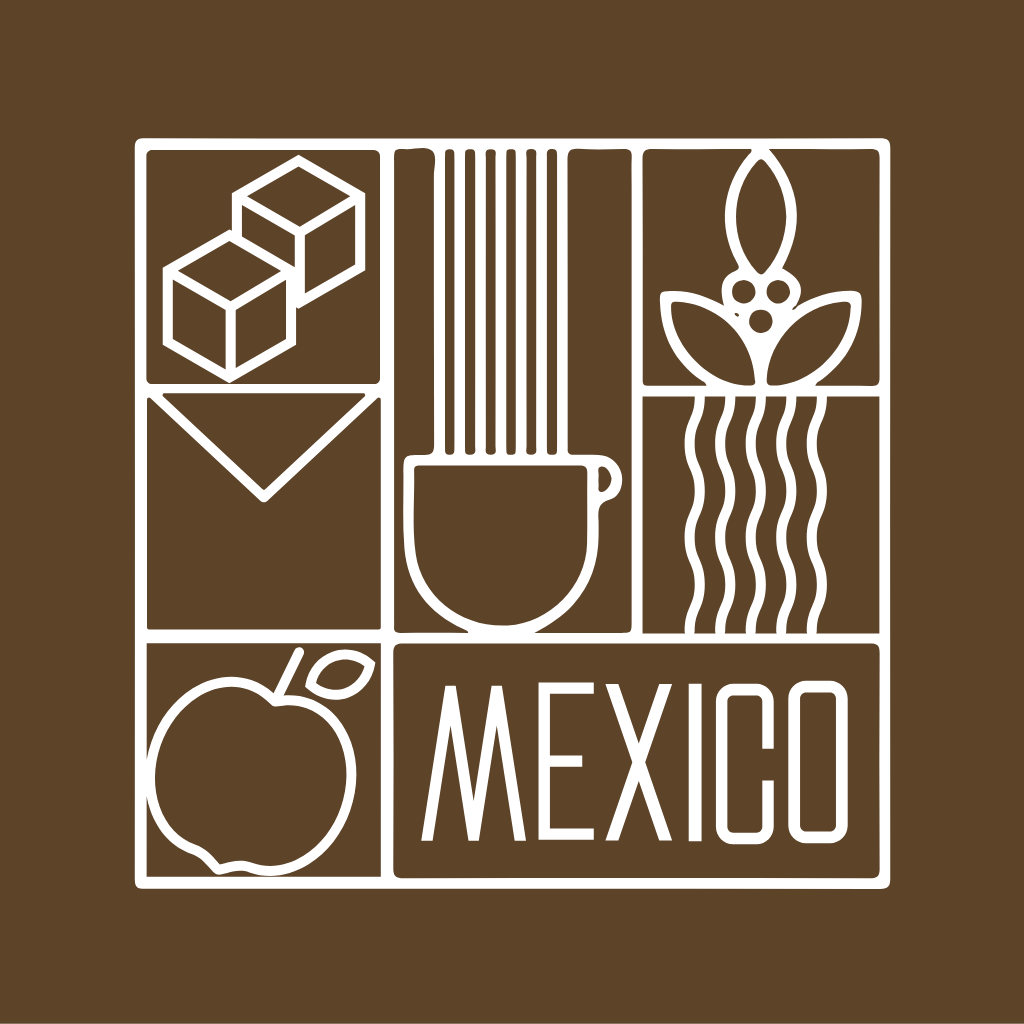MERAKI Artisan Coffee
Mexico Grapos DECAF المكسيك ديكاف
Mexico Grapos DECAF المكسيك ديكاف
Couldn't load pickup availability
Milk Chocolate | Prune | Toffee
Farm: Grupo de Agricultores Positivos S.P.R. de R.L.
Varietal: Típica, Marsellesa, Bourbon
Processing: Mountain Water Decaf
Altitude: 700 – 1,600 meters above sea level
Owner: 2,708 smallholder producers
Town / City: El Porvenir and Llano Grande
Region: Chiapas
Country: Mexico
الإيحاءات: خوخ | شوكولاتة بالحليب | توفي
المزرعة: جروبو
السلالة: تيبيكا، مارسيليسا، بوربون
المعالجة: معالجة كاملة بالماء
الارتفاع: ٧٠٠ - ١,٦٠٠ متر فوق سطح البحر
المُزارع: مزارعين متعددين
المدينة: البورفنير
المنطقة: تشياباس
البلد: المكسيك
Story Behind This Coffee
Representing roughly 2% of global coffee production, Mexico is well-known for its coffee grown in the Chiapas and Oaxacan regions situated in the southern reaches of the country. Coffee first arrived in Mexico with the Spanish colonists in the 18th century. After independence from Spain, the country, although in turmoil, began to slowly cultivate coffee plantations in the southern states. Border disputes with Guatemala ensued as Europeans bought up large swathes of land, pushing indigenous populations into the mountains.
The Mexican Revolution led to Agrarian Reforms redistributing land to local populations. Small-scale coffee production exploded with the creation of the National Coffee Institute of Mexico (INMECAFE) in 1973 yet was dismantled in 1989 following the International Coffee Crisis. With the lack of support from a governing coffee body, producers were then forced to sell coffee at low prices to local coyotes. Thanks to the creation of cooperatives and other producer organizations, producers received more support and were provided with better access to international markets. Today, coffee production has stabilized and remained strong. This lot is one example of how Mexican coffee has prospered.
Chiapas is situated in the southern reaches of Mexico, with rich biodiversity and climbing altitudes – this region is known for its healthy soils and ideal climates for coffee production. As one of the five Mayan States in Mexico, Chiapas has a wealth of archaeological and cultural history. It is within this region that the Grupo de Agricultores Positivos S.P.R. (GRAPOS) was founded in 2007.
Throughout the Chiapas region, specifically in the El Porvenir and Llano Grande municipalities, are collections of smallholder coffee producers growing coffee in the rich upper reaches of the mountains. The GRAPOS organization was initially comprised of 90 producers, growing to 300 the following year, and expanded to the 2,708 producers involved today, 772 of which are females.
El Porvenir translates to mean ‘the future,’ which is evident in its high altitudes, rich biodiversity, and potential to create a harmonious future with high quality coffee production and ecosystem preservation. The area also borders the Triunfo Biosphere Reserve, which explains the biodiverse array of native flora and fauna in the area.
GRAPOS seeks to provide each of these producers with the necessary guidance to produce high quality coffee. This comes in the form of technical assistance, free seedlings to replace damaged trees, in addition to other educational programs.
There are 8 collection centres throughout the area to make it easier for producers to deliver their cherries to the mill located in Angel Díaz, Honduras, Llano Grande, Porvenir, Vega del Rosario, Tapachula, Guatimoc, and Chicomuselo. The producers live in remote farms, making communication and travel quite difficult – so GRAPOS provides the necessary assistance to the producers, making it easier to deliver and sell cherries. Thanks to the organization’s involvement, these producers have seen an increase in yields and quality, thus leading to an increase in overall income. This then allows more funds to be invested in the farms and creates a future for coffee production in this region.
After the producers pick and deliver the coffee cherries, they are sorted for quality and pulped to remove the exterior skin. Once clean, the coffee is then fermented for 24 hours to breakdown the external mucilage. After fermentation is complete, the beans are washed and spread evenly on cement patios to dry in the open sun until the ideal moisture content is reached.
Mountain Water Process – Descafeinadores Mexicanos S.A de C.V
This unique non-chemical decaffeination process uses the clear pure waters from the highest mountain in Mexico, the Pico de Orizaba, known as Citlatepetl is the indigenous language.
The process works by immersing the green beans in water in order to extract the caffeine content. The water preserves the soluble flavour components of the green beans, and this protects the original characteristics of the coffee.
In order to remove the caffeine from the water containing these soluble flavour elements, the water is passed through a filtration system. This produces a solution comprising the origin mountain water and the soluble coffee flavours, now free from caffeine.
The resulting green coffee is 99.9% caffeine-free. The beans are then dried to the required moisture content, packed and ready to export in 69kg bags.
The Mountain Water Process is patented and is also organically certified in accordance with the regulations of OCIA, NOP, and JAS. It is also Kosher certified.


